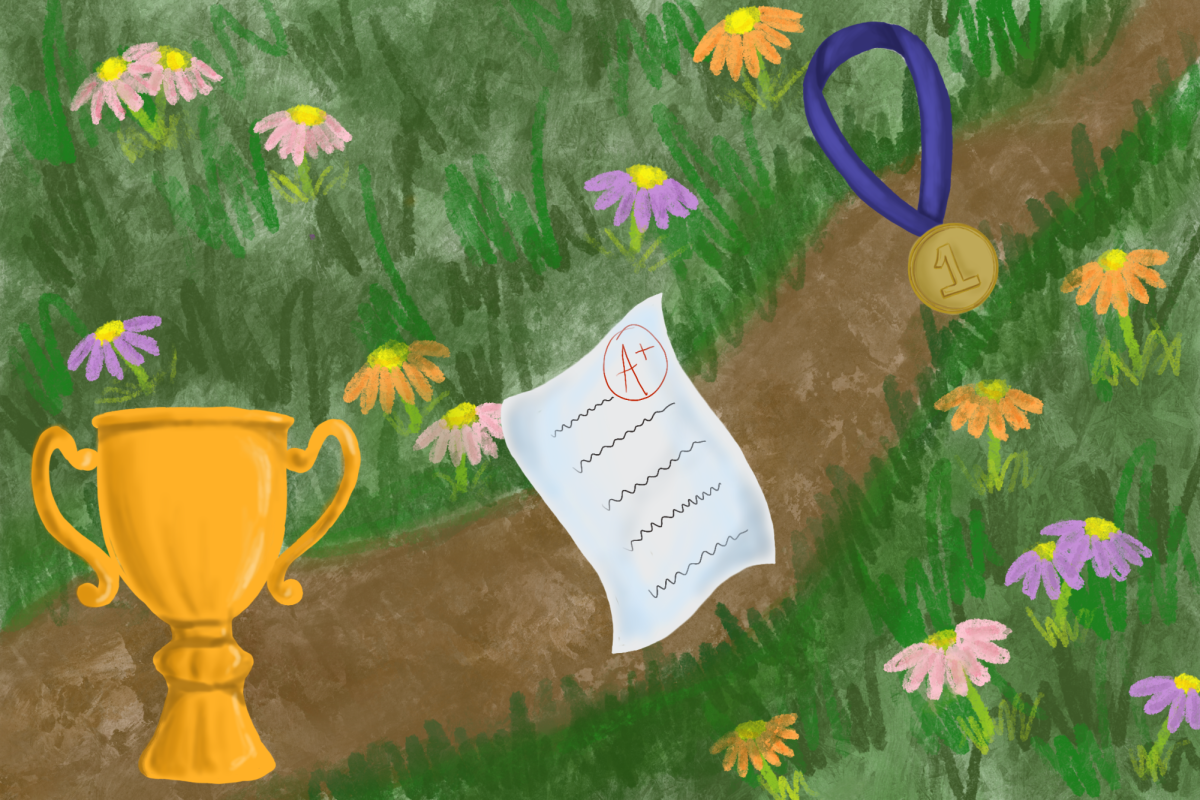A vital piece of my world was lost Wednesday.
As a kid, many of my friends watched and idolized sports stars. Their rooms were filled with magazines, video games, T-shirts and posters of people such as Michael Jordan or John Elway. But I, like other science-minded kids all over the country, was cluttering my room with something different. My walls were covered by posters with diagrams of the space shuttle and astronauts playing golf on the moon, and my book shelves were filled with books with titles including “There’s No Place like Space!”
Roughly 20 minutes after the sun rose over eastern Florida on Wednesday morning, and 42 years to the day after Neil Armstrong pressed his foot into the surface of the Moon, a NASA space shuttle touched down for the final time. When that moment passed, I wasn’t really sure what I or, more importantly, the next generation of kids excited by science, including my 10-year-old cousin, are supposed to look up to.
Growing up in an era when NASA had an active corps of astronauts and a means to ferry them to and from space on a regular basis completely shaped me. It pushed me to take math and science classes that most kids around me were avoiding. It inspired me to not only dream big but to have no inhibitions in what I felt I could accomplish with my life. Now I am in a graduate program at one of the biggest universities in the nation, have been able to live all over the country and have spent the past five years working for NASA. Simply put, I shouldn’t be the person I am today. I came from humble beginnings that put more likelihood in my growing up to be a manager of a store in my small-town Mississippi home, and without a NASA engaged in human space exploration, that is exactly what I would be.
Our country is losing an important means to inspire kids to chase after science degrees and jobs. Much has been said about NASA impacting our lives in tangible ways with things such as advancing the technology of MRI and CAT scans, but little credit has been given for how intangibly important NASA is to our country’s prosperity. At the heart of this is that children are excited by space travel, and this often translates into children pursuing careers in science. Since we all live in a world completely shaped and propelled by science, this is a big deal.
From the alarm clock that wakes us in the morning to the constant flow of information flying invisibly through the air to our cell phones, everything around us has at some point been touched by the hands and minds of a scientist. Though our country is built on the backs of a blue-collar working class, the frontiers in which we strive, the essence of what has made America great, are largely the product of the minds of scientists. It is a difficult item to put a quantitative measure on, but it is likely that our world would be a much less advanced and interesting place had we not landed on the moon in mid-July 1969. Not that Neil Armstrong’s footprints instantly created a wealth of new computer software and devices, but rather that moment invigorated innumerable boys and girls across the nation to want to achieve the same thing that a young man from Ohio was able to accomplish; the seemingly impossible.
After the space shuttle came to rest on a runway in Florida last week, our country was, for the first time in more than half a century, without an active human space program. Without this, we as a nation are not only letting slip from our hands the firm grip on the last true frontier available — space — but we are losing an important means to drive kids toward the sciences. Though some might see human space travel as an unneeded expense for a country fraught with a financial depression, losing our space program is likely pushing us closer toward a scientific depression in which America is no longer the torch-bearer into the cosmos.
In a world where kids are not spurred on to reach for the sky, that might just prove to be a much harder problem to recover from.
Favors is a geosciences graduate student. He is an intern with NASA’s DEVELOP program.

















